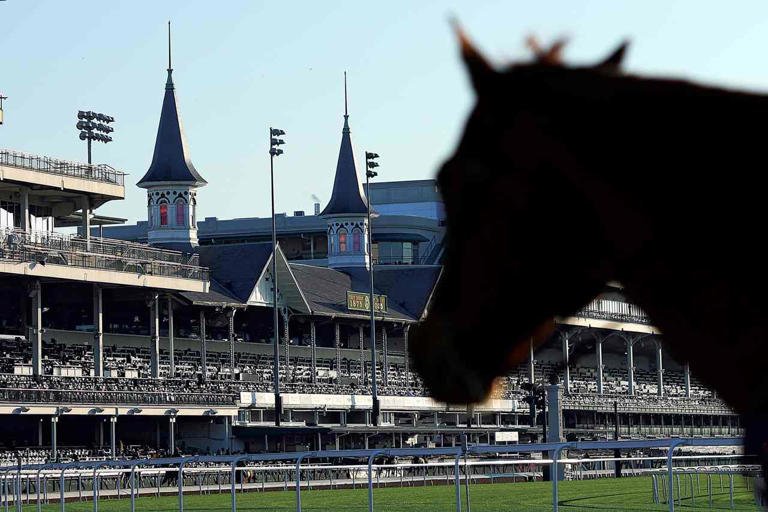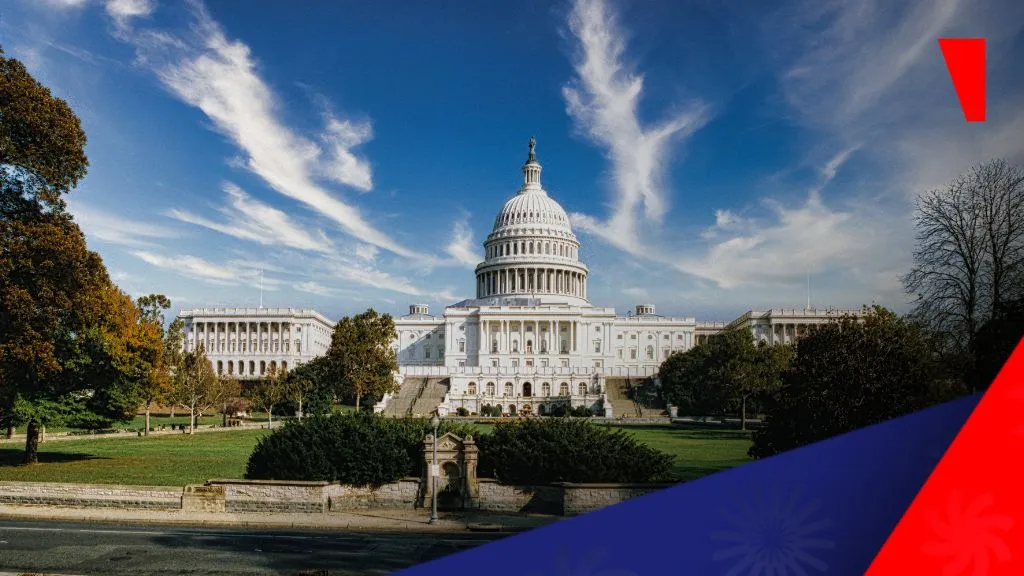Sports betting is more popular in Kentucky than horse betting. However, experts caution that a gambling addiction crisis is on the horizon as a result of smartphone apps.
Playing the ponies is one of the numerous Kentucky Derby customs and rituals, along with pastel pinks and feather fascinators. The gates open at 9 a.m. on the first Saturday in May. By ten o’clock, two commentators appear on massive screens to go over the odds and their choices for the day’s 14 races. In between events, a baritone announcer says over the PA system, “If you don’t bet, you can’t win!”
According to an Ipsos study, around one-quarter of Kentuckians bet on horses in 2021. Today’s gamblers have many more possibilities. Kentucky will become the 38th state in the United States to allow regulated sports betting in September 2023.
Sports wagers, primarily put on cellphones, have already surpassed the state’s horse betting.
Kentucky residents gambled $2.4 billion on sports in the year after Democratic Gov. Andy Beshear’s first authorized sports bet, a $20 parlay on Kentucky college football. Bets on horse racing declined 8% to $196 million.
READ MORE: AZ Department of Gaming Releases February Sports Betting Figures
The betting tendency has mostly been consistent across the United States. According to a Siena College poll, Americans now gamble around $150 billion per year on sports, with 48% of American men under the age of 50 having an account on a digital sportsbook such as DraftKings, FanDuel, ESPNBet, and BetMGM.
The wagers have sparked a surge of fresh interest in professional sporting leagues. New tax revenues are flooding state coffers, while struggling media businesses are filling commercial breaks with advertisements for betting applications. It’s all part of a national gambling honeymoon following a 2018 Supreme Court decision that legalized countrywide sports betting.
However, addiction specialists believe a public-health time bomb is ticking. According to the Journal of Behavioural Addictions, gambling on smartphone applications is more likely to lead to addiction than traditional wagers at casinos and horse races. According to a recent study published in the Journal of the American Medical Association, internet search inquiries for gambling addiction have steadily climbed year after year since 2021.
According to specialists, it takes around seven years for someone with a gambling issue to seek treatment, implying that a wave of problem gamblers has yet to emerge. When they do, the healthcare system will undoubtedly be swamped. Kentucky has five counsellors who are certified to treat an estimated 60,000 problem gamblers, according to the state’s problem gambling council. There is no reliable census of gambling counsellors nationwide, nor is there a consistent certification criterion.
Courtesy: https://igamingexpert.com/, https://www.igbnorthamerica.com/, https://gamingamerica.com/news/








